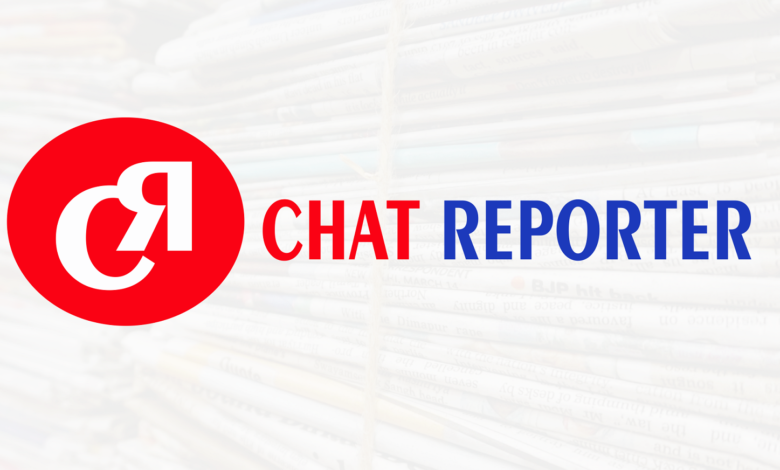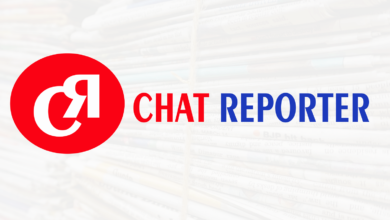Press Freedom should not be sacrificed for the ruling elite

As we commemorate World Press Freedom Day, this is always the time for those in the media industry to introspect.
Are we fulfilling our mandate as expected of the so-called ‘Fourth Estate’ – whereby, we are society’s watchdog, as we hold those in authority to account?
Similarly, is the environment we operate under conducive for the free practice of our mandate as the media?
There is no greater responsibility than being the voice of the voiceless, and the ears and eyes of the community – as we not only inform and educate on what is transpiring around us, but also critically questioning those in positions of power.
Indeed, as we look at our own Zimbabwe, it is quite commendable that the media has been doing a pretty decent job in fulfilling this huge obligation.
However, it has never been easy in a country sharply divided along political lines, and the lives, safety and security of media practitioners never guaranteed – where merely telling the truth, or daring exposing the sickening rot in government, can be a highly maliferous undertaking.
Who can easily forget the chilling threat recently issued to journalists by President Emmerson Dambudzo Mnangagwa’s spokesperson George Charamba – to the effect that any who dared reporting on the Al Jazeera exposé on gold smuggling and money laundering, in which Mnangagwa’s name was repeatedly brought up, will be arrested?
As much as this tyrannical attempt at muzzling the press appeared ineffective – with the private media clearly unfazed, thereby continuing to report on a story of undeniable national importance – the fact that this threat was even issued speaks volumes to the state of media freedom in Zimbabwe.
Ever since the enactment of the Cyber Security and Data Protection Act on 3rd December 2021, some provisions of this law have been abused as a weapon for instilling terror in the media, under the pretext of ‘defamation’ and ‘communicating falsehoods’.
This was brought to the fore with the arrests of NewsDay Editor-in-Chief Wisdom Mudzungairi, and senior reporter Desmond Chikohora – who were charged on 3rd August 2022 for allegedly spreading a ‘false data message’, under the Criminal Law (Codification and Reform) Act, as amended through the Cyber Security and Data Protection Act.
This was after Chikohora had written a story on a private business enterprise believed to be run by a politically connected individual.
Another one to fall foul of this retrogressive piece of oppressive legislation was freelance sports reporter Hope Chizuzu, who was arrested on 29th September 2022 – again, for ostensibly writing a ‘false data message’, in his report on Dynamos Football Club board members.
With such harrowing concerted attacks on press freedom in Zimbabwe, is there any wonder there will be some media practitioners who end up self-censoring – in their understandable fear of finding themselves on the ‘wrong side of the law’?
Due to the vagueness on how a ‘false message’ is defined, and who makes that determination – it becomes a minefield for journalists to operate safely in Zimbabwe.
At the end, all we witness is what some in the industry now label ‘churnalism’ – whereby, media practitioners resort to merely churning our speeches by those in authority – in the absence of any real critical scrutiny of what has been said, or holding them to account for their actions.
This is most unfortunate, since it gravely negates the role of the media in the community – reducing journalists to merely parroting statements by office-bearers.
In so doing we easily become irrelevant and useless as the watchdog of society – who are supposed to act as the ‘Fourth Estate’, which holds the other three pillars of government to account.
As the media we are expected to make the Executive, Legislature and Judiciary answerable to the nation – without fear or favor, whilst also being truthful.
In any country calling itself a ‘democracy’, it should never be a crime to expose the president for incompetence, unfulfilled promises, or corruption.
Neither should there be anything illegal about questioning laws enacted by Parliament, or judgements made by our courts of law.
That is the role of the media – and, any society that frowns upon this, clearly lacks an understanding of democracy and what is expected of journalists.
Of course, should there be accusations of ‘falsehoods’ transmitted – aggrieved parties need to bring these before a media regulatory panel for determination on whether this was committed maliciously or otherwise.
More importantly, whatever the case, this can never be regarded as a criminal offense, which justifies arrest or imprisonment – but rather, a civil matter, requiring payment of damages or restitution to the offended party, with an unqualified retraction of the offending story.
Furthermore, journalists should never be praise singers, nor expected to be propaganda tools for the ruling establishment.
The very reason the concept of newspapers and radio were ‘invented’ was not to campaign for those in power – but, as the voice of the voiceless and oppressed, and a way of keeping close checks and balances on those in authority.
As a matter of fact, failure to hold those in power directly contributes to the failure of the state in its entirety.
Surely, how can a nation seriously expect any meaningful socio-economic development – in the absence of fearlessly tackling the looting of national resources, or genuinely critiquing government policies?
If money to construct a new dam, for instance, is being misappropriated by someone powerful – is failure in exposing this rot not going to directly affect the people meant to benefit from this infrastructure?
In fact, will this not negatively impact the country at large?
Thus, keeping silent as the media, or even defending or denying such destructive activities, is counterproductive and unequivocally unpatriotic.
Therefore, this essential responsibility of the media should never be sacrificed – more so, on the altar of political expediency.
This is a sacrosanct duty that each and every member of the media fraternity should hold dearly.
In addition, we expect the government to respect, honor and protect this most vital component of our fabric as a country.
Any contamination or stifling of the media is tantamount to an attack on the nation and people as a whole.
● Tendai Ruben Mbofana is a social justice advocate, writer, researcher, and social commentator. Please feel free to WhatsApp or Call: +263715667700 | +263782283975, or email: mbofana.tendairuben73@gmail.com


